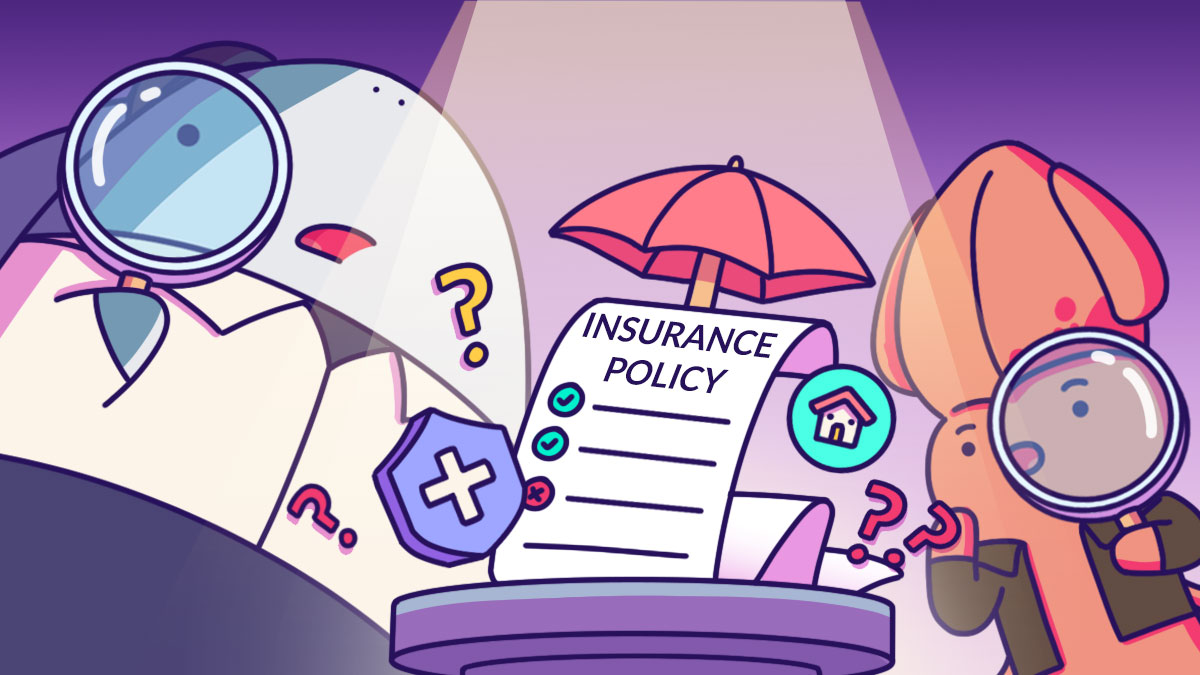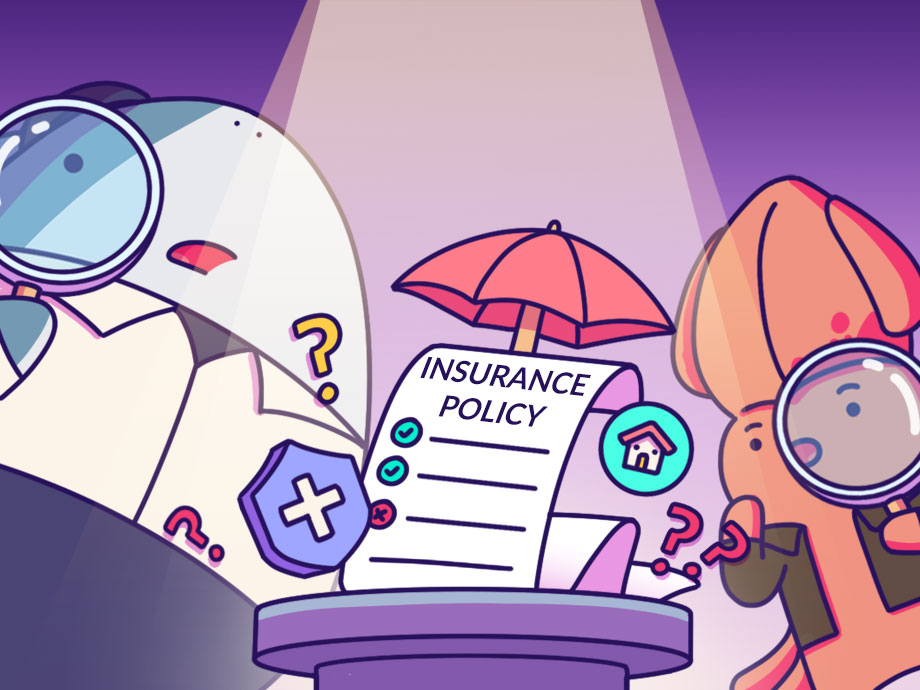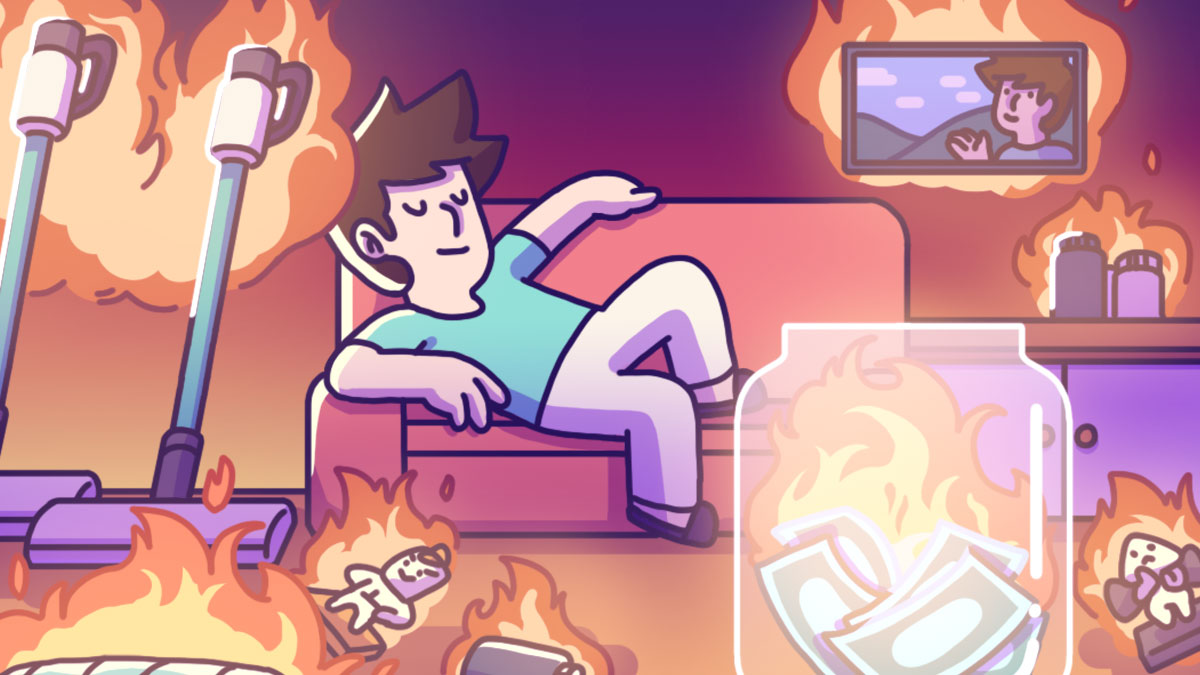Financial Planning | Life | Personal Finance | Personal Stories | Article
Not Getting Travel Insurance Cost Us ₱3.5M
by Rica | March 20, 2024
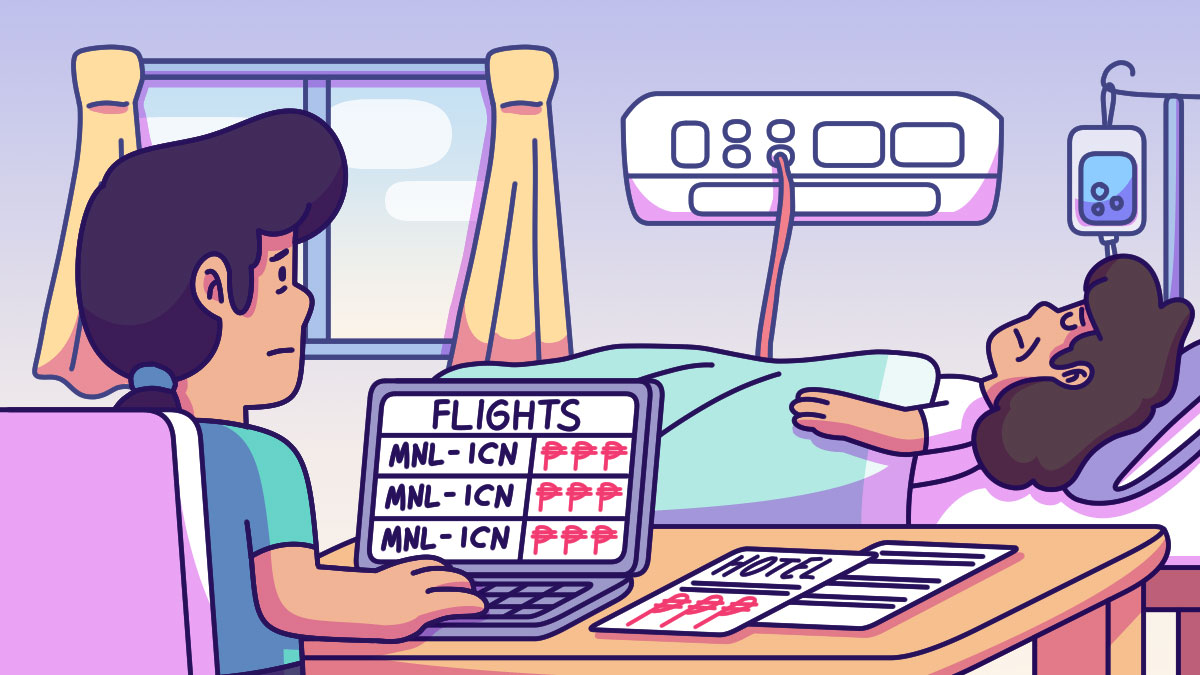
As a K-drama fan, Joy always wanted to visit South Korea and experience the dreamy destination firsthand. Little did she know that when she finally had the chance to visit, she’d get entangled in a drama that would turn her dream vacation into nothing short of a nightmare – all because she opted out of getting travel insurance.
Traveling was not new to Joy, and she usually gets travel insurance especially if it’s a visa requirement. “Considering the additional costs and thinking we will not need it since it’s just a short trip, I decided not to get travel insurance,” shares Joy.
Joy didn’t know that this decision would later cost her and her family around ₱3.5M, not to mention the mental, emotional and physical toll it took on them.
From tourist to patient
Having done her research on South Korea, Joy, her Tita Elsa and cousin Carla were all prepped and giddy for their visit to the romantic Nami Island on a bright Tuesday morning. As the tour group was about to leave the hotel, Elsa, 78, fell ill.
“She had a fever and was having chills. She was pale, looking dehydrated and was lethargic,” recalls Joy. Thankfully, her cousin Carla is a nurse, and upon her assessment, Elsa was rushed to the emergency room of a nearby community hospital.
Elsa was given treatment for her symptoms, and necessary laboratory tests were run to determine her condition. The results made the community hospital doctor recommend immediately transferring Elsa to a bigger hospital. Their tour guide referred them to a first-class hospital in Jongno-gu, Seoul.
Everything escalated quickly, and according to Joy, “Her CT scan showed a possible kidney cyst or hemorrhage and a kidney stone. My Tita was admitted to the intensive care unit (ICU).”
Tests after tests were ordered, and treatments had to be done without much time for Joy and Carla to decide because of Elsa’s critical condition. “For the very first time, Tita Elsa had to undergo dialysis the next day, and possibly due to septic shock, she also had a cardiac arrest,” Joy recalls. “Through it all, one nagging feeling we had was regretting not getting travel insurance.”
The financial burden
In her mind, Joy knew that Elsa’s hospital bills would cost them millions of pesos. Left without much choice as they were in an unfamiliar land, they prepared themselves for the situation, knowing that it would take time before Elsa recovered back to health well enough to come home.
Planning included deciding on Elsa’s designated caregiver in the family and the corresponding daily living expenses in South Korea. Christopher, another cousin of Joy, assumed the primary caregiver role, with Joy flying out to the Philippines and back to South Korea again every week or so to help look after Elsa. Joy could not afford to stay with Elsa the entire time with school to attend.
“The primary cost drivers were the treatment and the lab tests,” says Joy. On top of these were the ICU/hospitalization costs for Elsa’s confinement, which lasted 30 days in total; the CT scan/medical imaging plus the injections, medicines, and labor.
“We had to shell out around three million pesos,” says Joy. Add to this the airfare and other logistics-related expenses they had to incur, given their setup. As international flights are not cheap, Joy estimates they spent around ₱500,000 to fly back and forth over the 30-day confinement.
While Elsa was able to file for a medical reimbursement through her health insurance provider, it did not guarantee 100% coverage.
Every two days, they would ask for a copy of the bill’s running total to get an idea of how much more they needed to prepare. “Those were stressful moments; we had to tap into our own emergency fund to cover the expenses,” recalls Joy.
Related
The struggle for care
To say the experience of Joy and her family was traumatic is an understatement.
“It was like a nightmare to me,” shares Joy. “We almost lost our dear Tita!”
If there is one thing Joy was thankful for, it was that the language barrier was somehow manageable.
She shares, “We were blessed that Tita’s lead doctor spoke good English.” This made it easy for her other Tita in Chicago, also a nurse, to understand whatever developments or updates were discussed with them. “The Google Translate app was our friend when talking to the nurses, other doctors, and hospital personnel. Writing notes on paper was also helpful,” adds Joy.
Her family is also grateful that Elsa received proper care despite not having travel insurance. Although she agrees that it would have been helpful had she availed one.
“Maybe if there were a representative in the hospital, it would have been easier for us to process payments and to transfer Tita from the ICU to the general ward.” Coordination, among others, would have been handled by the policy.
Of course, had they bought travel insurance, they would not have spent millions to pay for everything, not to mention the mental, emotional, and physical stress they had to endure and the helplessness of being lost in a foreign land with a language neither one of them speaks.
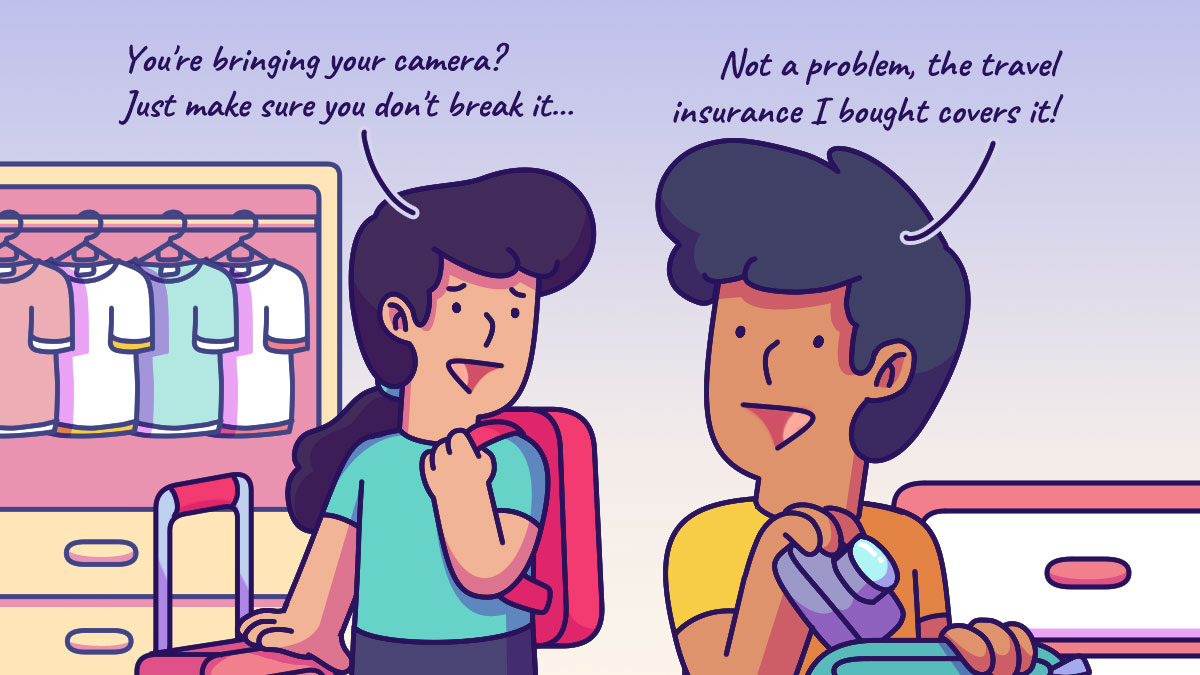
Lesson learned the hard way
Unfortunately, not everyone is familiar with travel insurance. To clarify, this is different from those the airlines offer when you book a flight with them. You have to look it up and search for providers that offer them. And it is not a one-size-fits-all insurance. It varies per provider and coverage; in most cases, you must select one that best fits your needs or priorities.
The Washington Post says you should buy travel insurance if you have:
- Personal and family health or medical concerns upping the chance of a trip cancellation
- Limited to zero medical emergency coverage, especially abroad
- Valuables and personal belongings that need protection from damage, loss or theft
- An adventurous trip planned, one that poses a higher injury risk
- Spent a lot on a trip of a lifetime, and you don’t want your investment to go to waste
- Anxiety about traveling to disaster-prone areas
While you can consider a “cancel for any reason” coverage for extra cushion, it also comes at a higher cost.
In addition, it’s important to remember that travel insurance is a must when traveling with children. Health care for children, especially infants, can be more expensive than for adults. They are also more likely to get sick while away than healthy adults.
Before traveling, ensure you have the contact details of your company or family physician in the Philippines, your insurance provider, and the Philippine Embassy in your destination country.
Note that insurance companies set caps on coverage, and not all hospitals might be accredited. When reviewing insurance packages, read the fine lines and go for the most comprehensive coverage. Keep a digital copy of your policy for quick reference.
Of course, nothing beats prevention. Before traveling, ensure that you are physically fit. If you have pre-existing health conditions, don’t forget to pack your maintenance medicines, research their counterpart brands in your destination country (if you’re allowed to get them there), and check with your doctor on the safety of these alternatives.
As Joy and her family learned, travel insurance is as important as the itinerary. Getting one ensures that you are covered in case unfortunate things happen.
“You travel worry-free when you have travel insurance. The fee you shell out now will be well worth it,” says Joy.



